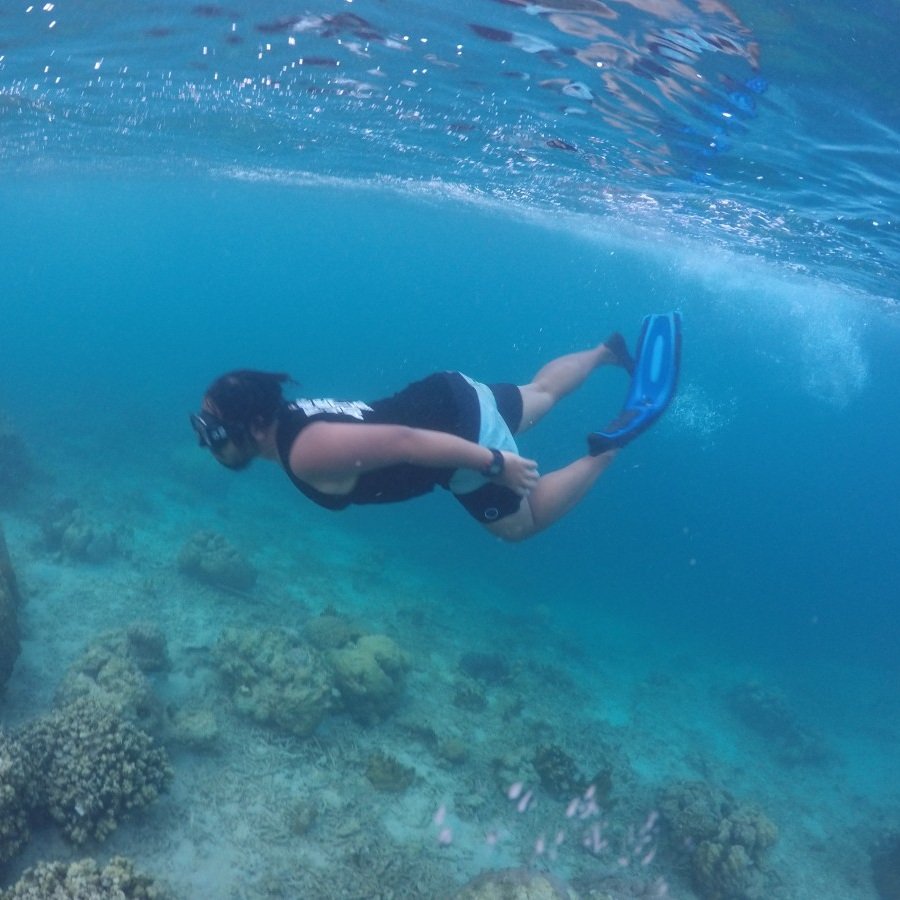Shallow Water Blackout
The summer is winding down, and the kids are spending their last few days having fun in the pool before school starts. As pool professionals, we'd like to remind pool owners about the practices which can cause shallow water blackout. A person who blacks out in a swimming pool is in the gravest possible danger of drowning.
Shallow water blackout is also called hypoxic blackout. It happens when fainting or loss of consciousness occurs due to lack of oxygen. Blackouts can be as a result of swimming while holding their breath for too long or hyperventilating. It can be either deliberate or unintentional. There are specific games and activities which should be avoided to prevent shallow water blackout.
Even a professional diver can drown from shallow water blackout.
Breath-holding games
We all played, 'Let's see who can stay underwater the longest!' But we urge you to teach your young and teen swimmers never to play breath-holding games. The lack of oxygen will produce a euphoria similar to a runner's high. The problem is that moment when a person becomes dizzy and passes out. Within 20 or 30 seconds, that person can drown.
Diagram courtesy of Aquatics International, Nov/Dec 2011 Issue
Diagram courtesy of Aquatics International, Nov/Dec 2011 Issue
To give you an example of how fast a person can drown, think of the 'twenty seconds on the clock' offered during the old Family Feud game. If you notice the blacked out swimmer immediately and can get into the water and to the victim in ten seconds, he will live. But if it takes you ten seconds to notice he didn't come up for air, then another ten seconds to get to him and start CPR, it may be too late.
When a person drowns in normal circumstances, they have about five minutes before brain damage occurs. But because the shallow water blackout victim is already oxygen-deprived, their time is deeply discounted, down to maybe half the time, or two and a half minutes.
Other things which can cause shallow water blackout are games or activities involving hyperventilating as a result of overexertion and ignoring the urge to breathe.
Underwater laps or hypoxic training
Underwater laps are part of the hard training required by professional and Olympic swimmers, Navy Seals, spearfishermen, and swim team athletes. Swimming underwater causes a buildup of carbon dioxide in a swimmer's body; they blackout and drown almost immediately. These are the kind of people who push the limits of their endurance. Professionals who engage in hypoxic training should always have a spotter at hand.
Here is the link to learn CPR online for free. If you want the certification, you can simply buy it once you pass the class.
Understanding the way a body reacts to exertion combined with a lack of oxygen can give a pool owner a better understanding of pool dangers. As pool professionals, we are partners with our pool owners in keeping pools and swimming safe for everyone.
Dog Days Pool Service is a pool service company serving Clearwater, Safety Harbor, and all surrounding areas. We offer pool cleaning, maintenance, troubleshooting and more and would love to hear from you! (727) 791-6012


